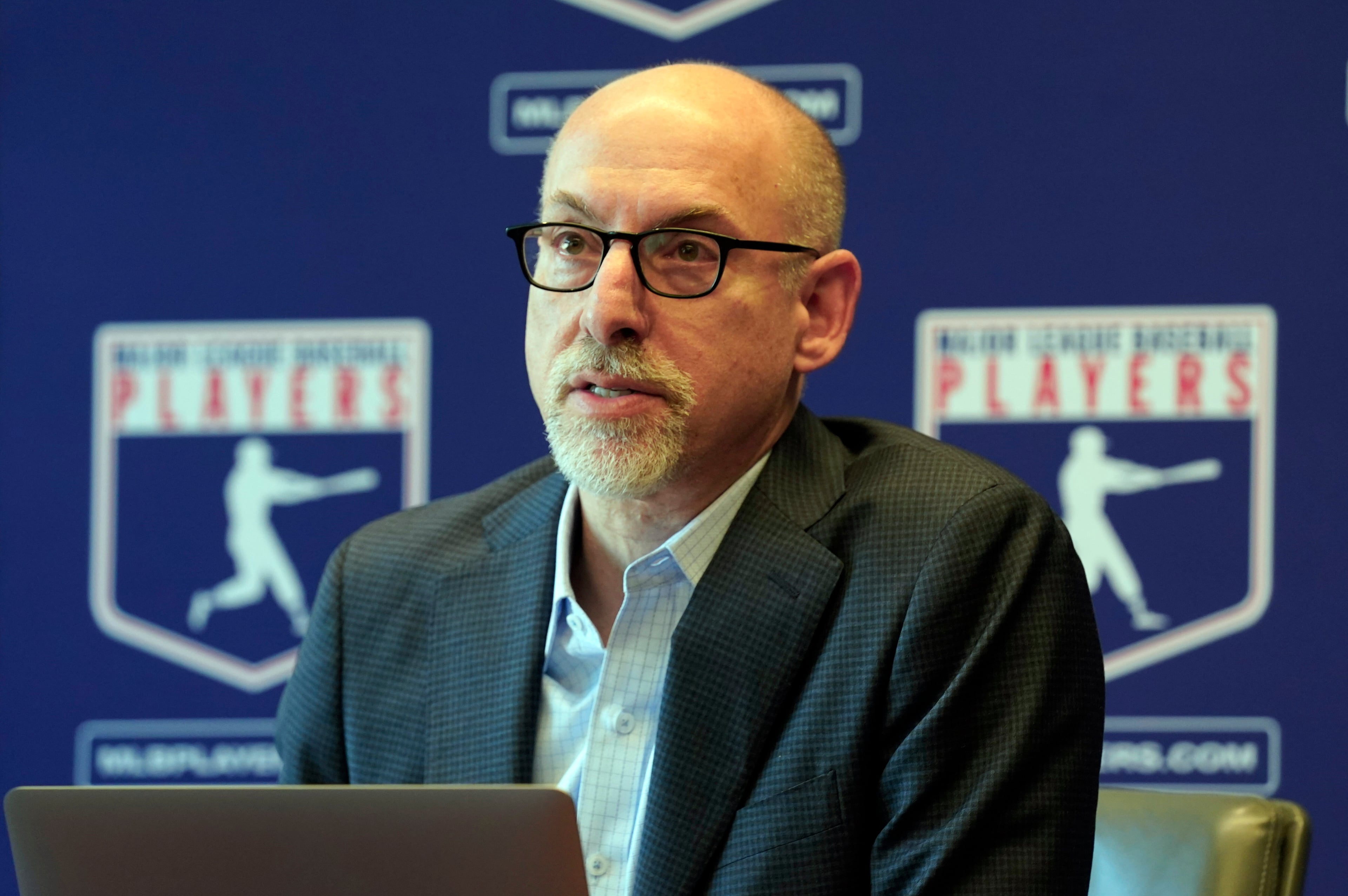Don't use a credit card for these 3 things
- Body of teen missing since 2008 found in chimney
- Meet the teacher who made headlines walking his students home daily
- Husband weeps when he finds out wife is pregnant after 17 years of trying
- Picture of teacher walking children home from school goes viral
- Hero Army vet Chris Mintz charges at Oregon gunman, shot trying to save classmates
When used responsibly, credit cards can be very beneficial for your long-term financial goals. For example, using a credit card -- and paying off the entire balance each month -- is a great way to build your credit history and credit score. Plus, credit cards offer much better protections against theft than debit cards. So it's a good idea to use a credit card for transactions that are more likely to expose you to fraud.
When it comes to using credit cards, though, it's important to understand both the perks and the risks. Just like with debit cards, credit cards carry some hidden dangers that all consumers should be aware of in order to protect their financial future.
The key to using a credit card wisely is to make small purchases and only spend what you can pay off each month.
What you don't want to happen with a credit card is for you to reach a point where you can't pay it off -- that's when a credit card becomes very dangerous. You tell yourself you'll pay it off, and somehow you end up only making minimum payments for several months. Then by the time you do actually get it paid off, half of what you spent went to interest.
So to help you avoid that, CreditNet put together a list of three things you should never pay for with a credit card. Plus, one thing you should pay for with a credit card.
1. Hospital bills
Medical bills can get pricey; that's no secret. But you don't want to make them worse by adding interest charges. You're much better off negotiating a payment plan with the hospital or provider -- which you pay over time -- than putting the bill on a credit card.
Also, medical debt is now factored into your credit score differently than consumer debt, which is anything you put on a credit card. So an unpaid medical bill will no longer impact your credit score as severely as it would have in the past. And while ideally you don't want any type of debt in your life, having a medical or hospital bill -- instead of a credit card bill -- is better for your long-term financial status.
2. Student expenses
CreditNet put this one pretty simply: "The fact of the matter is student loan interest rates are, by and large, a lot lower than the average credit card interest rate."
So even if you feel like you are drowning in student loan debt, resist the urge to put any of it on a credit card, because you will end up paying a lot more in the long run.
There are also several repayment options available to student loan borrowers, including income-based repayment and even loan-forgiveness programs. Check out Clark's Student Loan Guide for more information.
And while we're on the subject of school, don't charge your tuition payments to a credit card. You will end up paying an absurd amount of money in interest fees. When it comes to financing your education, see Clark's guide for more options and information.
3. Your dream wedding
It's very easy to get caught up in planning a wedding, and while you may not realize it at the time, it's not worth burdening yourself -- and your future spouse -- with years of debt. Set a budget and determine your priorities early. If your entire extended family can't come, don't pay for them to come if you can't afford it (or maybe re-think the location). Decide what you really care about and spend your money on those things. What will people enjoy and remember the most? The music, the bar and the food... (Just my personal opinion...)
What SHOULD you put on a credit card?
Online purchases.
This is something Clark talks about all the time: why he hates debit cards and recommends using credit cards most of time.
Read more: 9 places you should never use a debit card
For more on what you should always pay for with a credit card, click here.

ClarkHoward.com is America’s #1 resource for all things money.
Learn how to keep more of what you make at
.


Money in your pocket. Advice you can trust.

